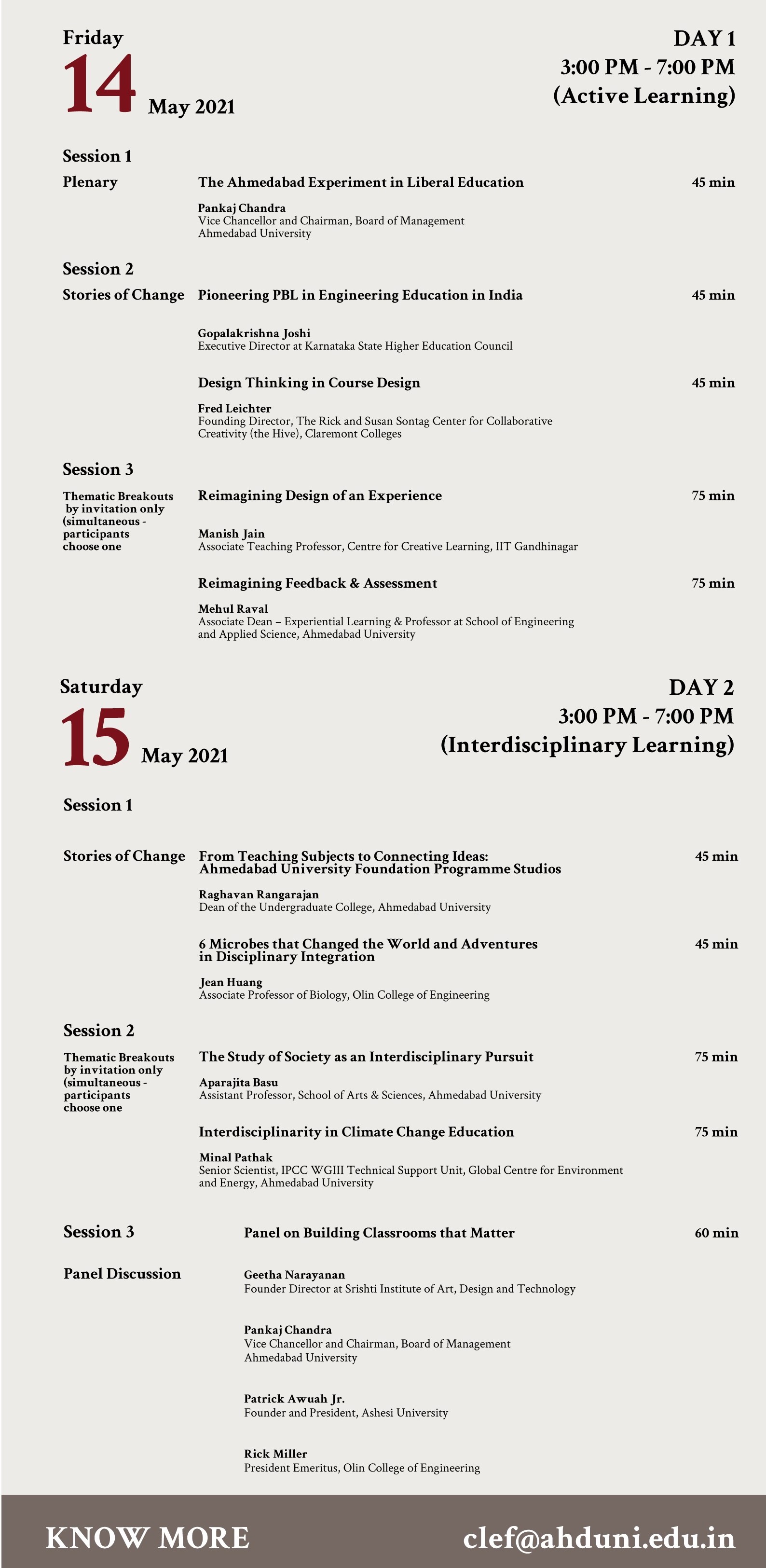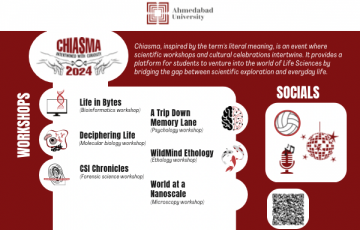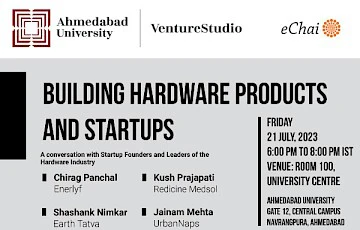Ahmedabad Learning Dialogues: A Conference on Teaching and Learning
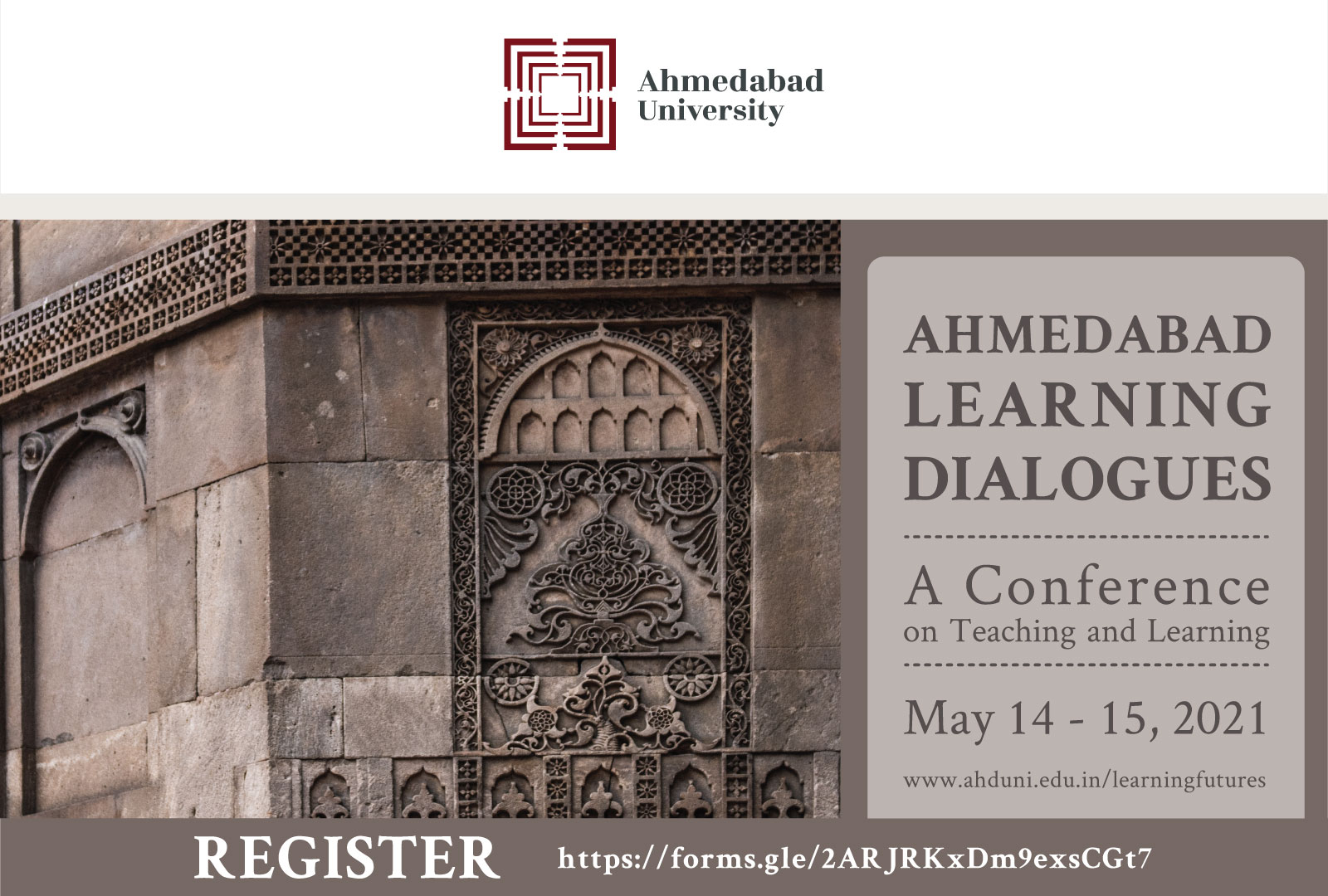
Higher education in India draws heavily from the “instructional” methods of where single directional communication, rote learning, primacy of examination, low feedback, and discipline oriented learning has primacy over problem solving, collaborative learning and research thinking (i.e., learning to ask the right questions). Ahmedabad University is a strong proponent of active and experiential learning. We believe that in the light of rapid technological and social change, the only way to prepare students to address complex challenges that the societies around the world face is through ways of thinking, ways of doing, ways of connecting ideas and ways of becoming. In other words, become reflective problem solvers and collaborative learners in a real world environment.
Whether it is our experiential learning pedagogy (ENABLE), the Independent Study Period, or the Foundation Studios, we have been pioneering a new age of learning at the university level in India.
Two crucial pillars of this thinking are:
- Interdiscplinarity: We believe problems don’t come in disciplinary silos. A student, when posed with a problem, may have to approach it from different perspectives and deploy different knowledge systems to address it. They should be able to view it from social, political, technological, business and historical aspects before arriving at a solution. Interdiscplinarity equips the student to view a problem in its entirety.
- Learner Centricity: Most often, educators end up doing things from the point of view of the teacher, whether it is articulating learning outcome, designing pedagogy, or building assessment components. We do not bring the most important perspective into view: that of the learner. An educator must keep in mind the learning goals and capabilities of the learner. This ensures that education responds to the unique position and ability of every learner.
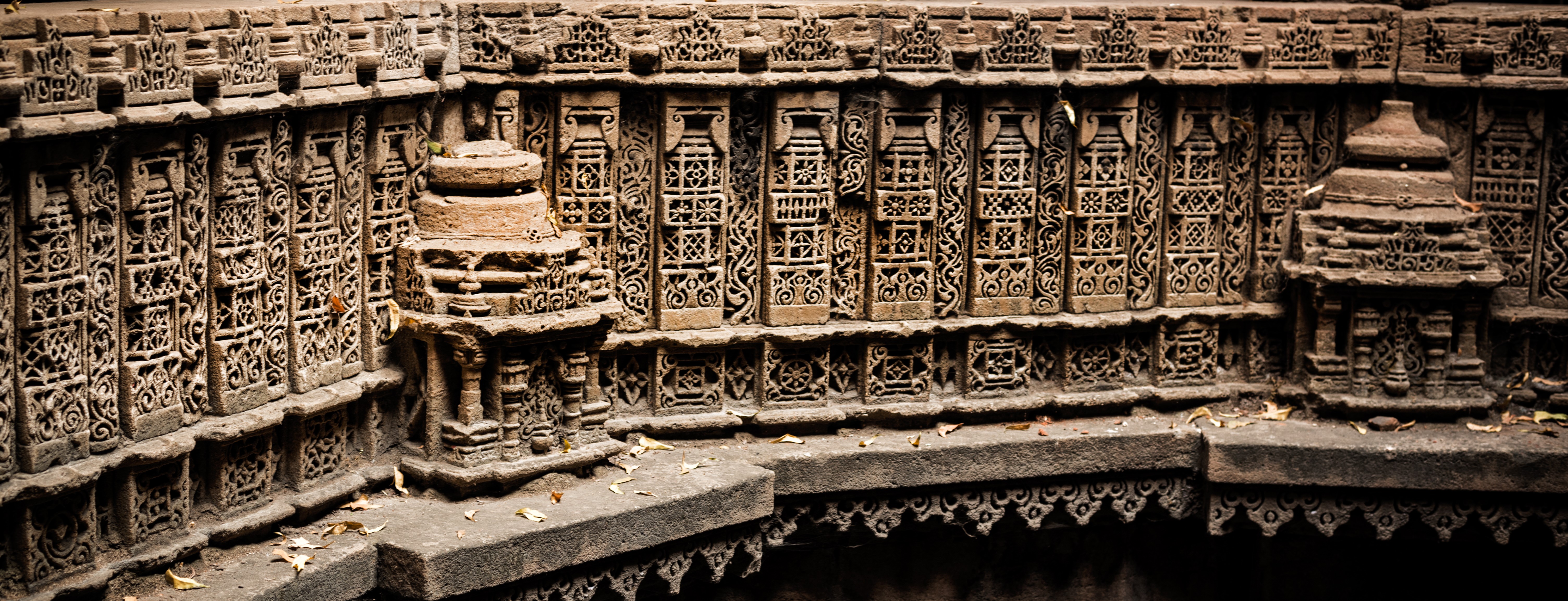
Ahmedabad Learning Dialogues aims to bring together thought leaders in higher education, experimenters in the area of learning, and change makers at the university to not only share their personal stories and pedagogical experiments but also to engage in a critical conversation on how and why higher education needs a change. The conference will see participation from academia, researchers, technologists, and experts who will exchange best practices and share experiences about aspects of innovative teaching and learning experiments with a special focus on interdisciplinarity.
THEME:
- Day 1: Learning by doing / Active Learning
- Day 2: Interdisciplinarity
SESSION HIGHLIGHTS
- Personal stories and experiments from educators. The session will have select educators talk about their own pedagogical experiments and what inspired them to innovate, the impact it brought, and how the participants can bring about similar changes in their classrooms.
- Breakout sessions moderated by select experts from Ahmedabad University and elsewhere. Participants can choose to attend any one of these live and the rest via recordings.
- Small experiments result in the most impactful changes. How can we bring about change in university education by making well-designed micro-level changes in the classroom?
- Reimagining feedback and assessment can we have un-invigilated exam rooms? Can we have open book, open-internet exams? Can we give personalised feedback to each student according to their individual capabilities? This session will aim to bring about a disruption in the way we view assessment.
- Crafting an Interdisciplinary Syllabus in Liberal Arts. Can History be taught through the medium of performing Arts? This session will aim to look at interdisciplinarity in Arts and Humanities- something most educators fail to appreciate.
Who should attend?
Educators and/or researchers with a strong commitment to active pedagogy and experimentation.
Faculty designing experiments for institutions and students who want to carry forward this philosophy of change in their own contexts.
University leaders who are looking to bring change in the learning ambience of their institutions.
For more details about the speakers, please click here.
